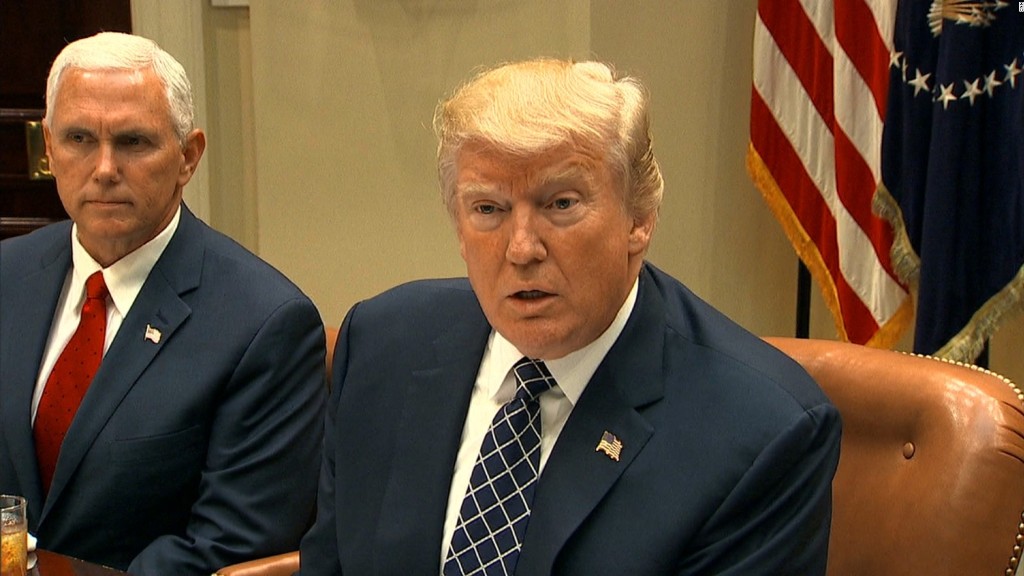
The Congressional Budget Office released Thursday yet another score of a Senate plan to repeal and replace Obamacare -- this one to learn how much more money the chamber's leaders would have to woo moderates if they keep Obamacare's taxes on the wealthy.
The agency found that a revised version of the legislation would reduce the deficit by $420 billion over the next decade, giving Senate Majority Leader Mitch McConnell a $287 billion fund since he still must save as much as the House's counterpart bill did. That's about $100 billion more than the Senate's original repeal and replace bill.
Some 22 million more people would be uninsured by 2026 under the revised bill than under Obamacare, roughly the same as the original, the CBO found.
Related: What happens if Congress fails to repeal Obamacare?
However, the CBO did not consider the biggest policy change in the revised bill released last week: An amendment pushed by Senator Ted Cruz that would allow insurers who sell Obamacare policies to also offer plans that don't adhere to the law's rules. This provision would throw the individual insurance market into chaos, insurers and health policy experts said. CBO staff said they are working on an analysis of the amendment.
Related: New GOP health care bill could allow cheaper plans with fewer benefits
In addition to the retention of the taxes on the rich, the CBO looked at the impact of increasing state stabilization funding by $70 billion. It found that average premiums for the benchmark plan would be 25% lower in 2026 than under Obamacare. Under the original Senate bill, the drop would have been 20%.
The benchmark plan, however, would cover fewer benefits and require consumers to pay more out of pocket because it would only cover 58% of health care services, on average, instead of the 70% under Obamacare.
For the first time, CBO quantified what that would actually mean. By 2026, the benchmark plan would come with a deductible of $13,000 for a single person. It would be $5,000 in 2026 under Obamacare.
However, this could run afoul of another Obamacare regulation that the Senate bill retains -- the limit on out-of-pocket spending. In 2026, that cap is projected to be $10,900. So either the limit would have to be raised or insurers would have to cover more of the costs.
Thursday's score is the latest step in the Republicans' quest to dismantle Obamacare. The Senate is now considering multiple ways to fulfill this longstanding pledge.
Related: Mitch McConnell refuses to pull the plug on stalled Obamacare repeal plan
Early this week, it looked like lawmakers would have to abandon the plan they've worked on for months to repeal and replace Obamacare simultaneously. Four Republicans came out against it by Monday, leaving McConnell without the necessary majority he needed to advance the bill.
McConnell then revived an effort to simply repeal Obamacare that both chambers passed in 2015, but was vetoed by then-President Obama. On Wednesday, the Senate unveiled a bill that would do that, but would delay its implementation by two years to give lawmakers time to devise a replacement plan. That legislation would leave 32 million more people without coverage by 2026 and cause premiums to nearly double, compared to current law, the CBO found.
Related: 32 million more people would be uninsured under new Senate Obamacare repeal bill
It's still unclear exactly which bill Republicans will vote on next week.
While President Trump has returned -- for now-- to his desire for Senate Republicans to vote on a repeal and replace package, there is still no sign McConnell has enough votes to even begin debate on the bill.
The back-to-back scores from the CBO has injected even more confusion into the situation.


